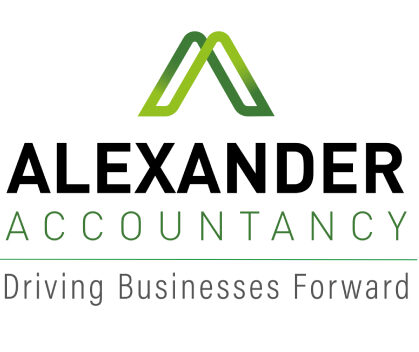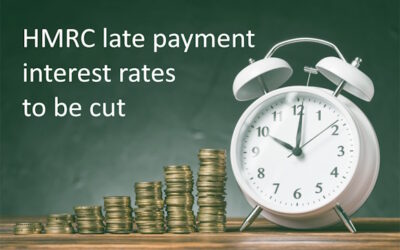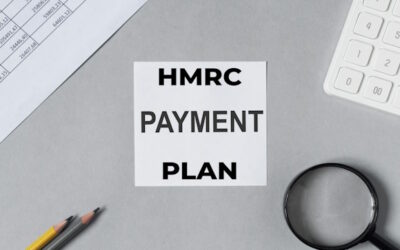HMRC – Business Asset Disposal Relief checks
The Institute of Chartered Accountants in England and Wales (ICAEW) have reported that HM Revenue and Customs (HMRC) are contacting taxpayers they believe may have overclaimed Business Asset Disposal Relief.
What is Business Asset Disposal Relief (BADR)?
BADR, which was formerly known as entrepreneur’s relief, is a tax relief that’s designed to encourage business owners to sell or dispose of their business assets by offering a reduced rate of capital gains tax. However, there is a lifetime limit to the amount of gains that can qualify for BADR. As of 2024, this limit is £1 million.
Why are HMRC writing to taxpayers about this?
ICAEW report that HMRC is writing to taxpayers who claimed BADR on their 2022/23 tax return where they believe the taxpayer has either exceeded the lifetime limit before 2022/23, and so the claim on the tax return should be removed, or the claim on the tax return has taken the taxpayer over the limit, and so the claim needs to be reduced in line with the limit.
This may be an issue for some taxpayers because the lifetime limit for disposals was reduced from £10 million on and after 11 March 2020. Taxpayers not aware of this reduction therefore may have made a claim they believe is valid but isn’t actually in line with the reduced limit.
What should you do if you receive a letter?
If you receive such a letter, then it’s important to promptly check your claim. Where an adjustment is needed then you can simply amend your tax return. If you believe that your claim is in fact valid then HMRC need to be contacted within 30 days using the details contained in the letter.
Failing to do anything is likely to mean that HMRC will amend the return to discount the claim or open an enquiry into the return. If they then find any additional tax is due to be paid during the course of the enquiry, HMRC may charge a penalty.
Where we prepared your tax return, please simply hand the letter to us and we will be pleased to contact HMRC on your behalf. Whatever the case, if you are not sure about what to do, please feel free to contact us and we will be happy to help you.
See: HMRC – Business Asset Disposal Relief checks




